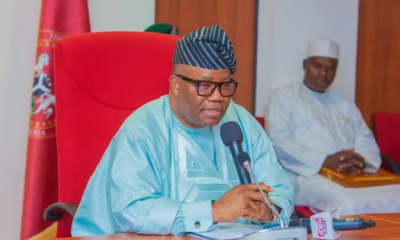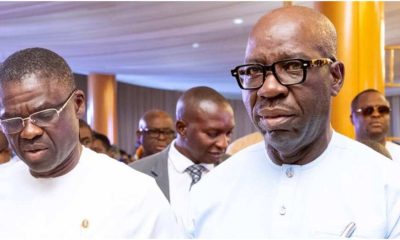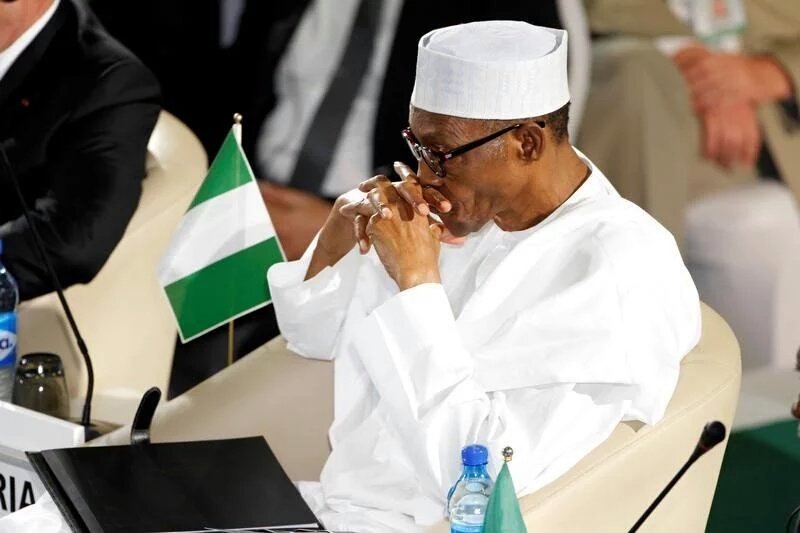Nigeria has been said to be in a protracted state of stagflation and has been in this state since President Muhammadu Buhari came into power in 2015 with the slowest GDP growth rate on record at least since 2011, says Adesola Ogunsola, an economic expert.
Recall that Nigeria barely slipped out of a recession in the 4th quarter of 2020 with a 0.11% GDP growth rate, and an inflation rate of 16.47% in the month of January, the highest since April 2017, according to date from the National Bureau of Statistics.
In a telephone conversation, Ogunsola, CEO of Alpha Consultants, a financial service firm, Nigeria’s Gross Domestic product per quarter has averaged 0.18% in the last 6 years since this administration got elected into power.
He said the current administration has also presided over a consumer price index change of 108.6%, meaning that prices of nearly every measurable item have doubled in the last 6 years.
“While it all started from the drop in oil prices in 2014, a cocktail of economic policies from the Buhari-led administration is largely blamed for Nigeria’s economic quagmire. Since it came into power, the government has adopted economic policies that are centered on defending the local currency, import substitution and social spending. For all its good intentions, these policies are pregnant with side effects that potentially erase its positives, turning into cancer of cataclysmic proportions.
“For example, while the policy of defending the exchange rate stabilized the naira between 2016 and 2019, it cost the CBN trillions in interest payments and high cost of borrowing. The high cost of borrowing is associated with higher inflation and stunted economic growth as small businesses cannot secure the funding required to expand and even when they do it is expensive.
Ogunsola also said the policy of promoting locally made goods over their foreign alternatives has also led to multiple bans of access to forex to imports, higher customs duties and taxes on imports and a crushing border closure all of which have combined to send inflation off the roof.
He said for Nigeria to address these challenges, the Buhari Government will have to swallow its pride and relinquish trust in moribund policies that have not worked.
“Monetary policy restrictions stifling trade must be loosened and replaced with a reward policy system that encourages exports as against imports without banning cheap substitutes that have no local production advantage.
“We need new regulations and laws that favour private sector investments, protect property and enable capital formation. A case in point is the perennial PIB Bill that gets debated year after year,” he added.

 Crime1 day ago
Crime1 day ago
 Editorial5 days ago
Editorial5 days ago
 Agribusiness3 days ago
Agribusiness3 days ago
 Business1 week ago
Business1 week ago
 Business4 days ago
Business4 days ago
 Featured4 days ago
Featured4 days ago
 Agribusiness4 days ago
Agribusiness4 days ago
 Latest4 days ago
Latest4 days ago

